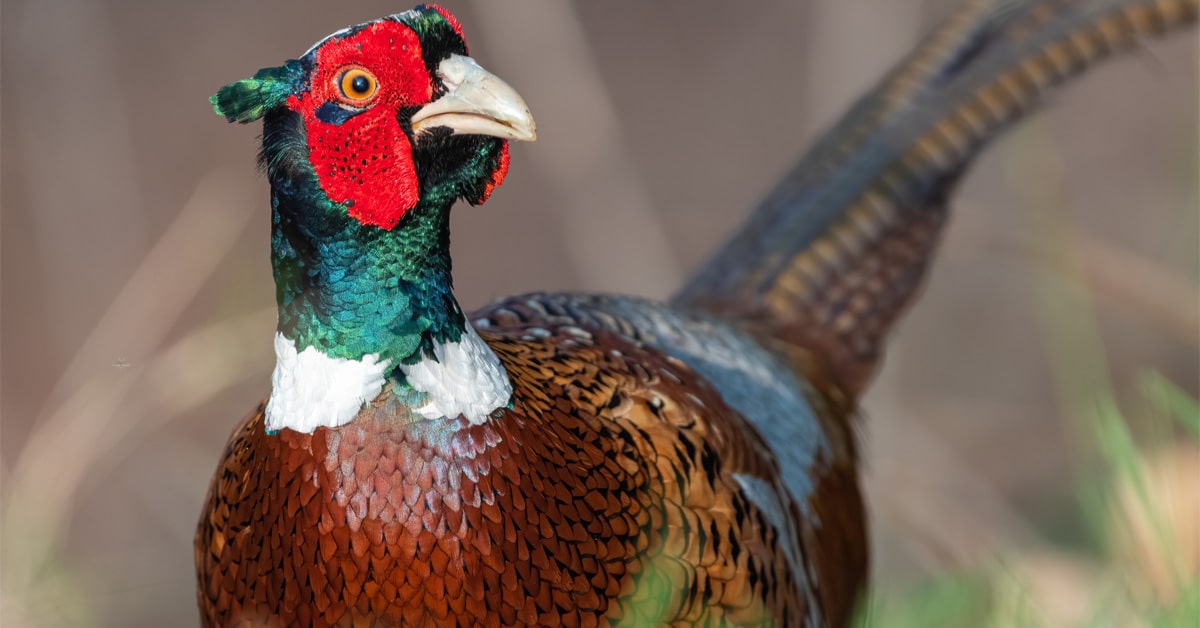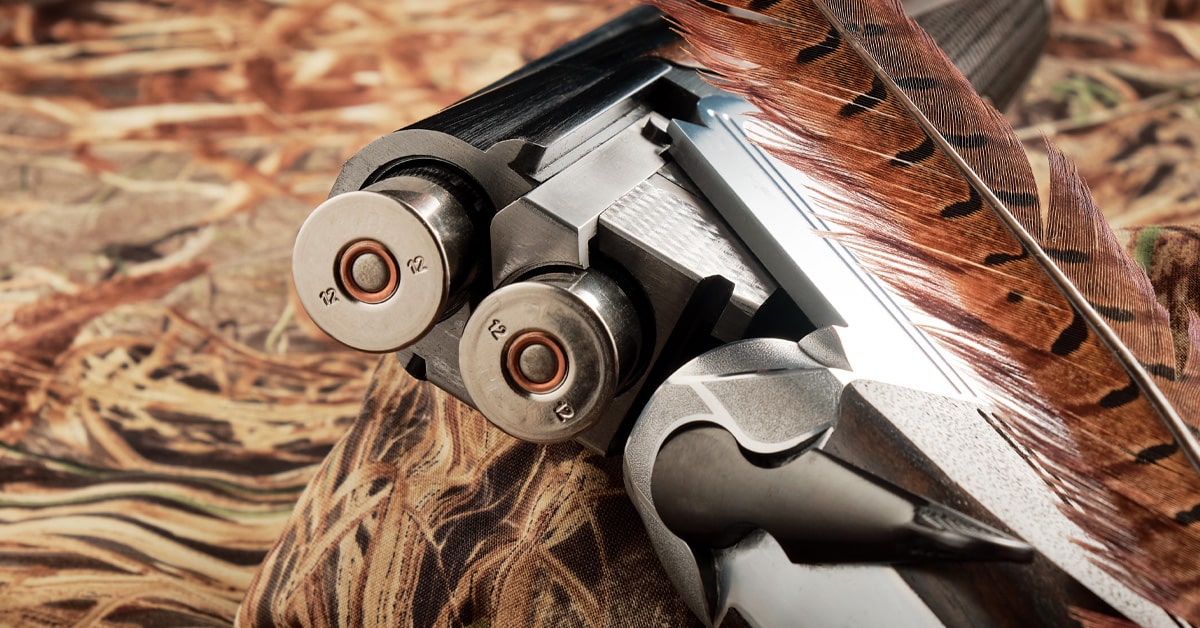A new study reveals that the shooting industry has done almost nothing to reduce lead in shotgun pellets. The finding comes half-way through an industry pledge to voluntarily reduce lead by 2025.
The Conservation Evidence Journal published a review on 27 February led by Rhys Green of the Environmental Research Institute and Cambridge University. The paper, titled Voluntary transition by hunters and game meat suppliers from lead to non-lead shotgun ammunition: changes in practice after three years, sampled 356 pheasants killed by the shooting industry then sold for public consumption. Of these, 235 bodies still had shotgun pellets lodged inside of them. And of these 235, the researchers found 221 of the pheasants were killed by shot containing lead – a ratio of 94%.
In February 2020, various bodies in the shooting industry publicly proclaimed they would voluntarily eliminate lead and single-use plastic from shotgun cartridges by 2025. Lead is particularly problematic. As Protect the Wild previously explained, the toxicity of lead is extremely harmful not only to humans, but all wildlife. So much so that there it is legislated against in common every day utilities including water pipes, paint and vehicle fuel. However, the latest study results show few within the shooting industry are taking heed of its own pledge.
Minor improvements are no improvements at all
The review stated that there is a minor move in the right direction, with the two previous years’ results having shown lead shot in approximately 99% of shelf-ready pheasant carcasses. The 2022/23 shooting season was also the first time the study team found bismuth-heavy shot in its results. However, the figures have proved minimal. Just ten pellets were principally comprised of iron, and just four of bismuth.

In one particularly confounding example, researchers found higher amounts of lead in pheasant bodies from National Game Dealers Association (NGDA) than in those not from NGDA-affiliated shoots. This came despite NGDA pledging in 2021 to source exclusively from lead-free suppliers by July 2022. However, as the study explained:
“This commitment remained in place on the NGDA’s website until 6th January 2023, but was removed soon afterwards.”
Supermarket chain Waitrose was singled out in the study for its commitment to sourcing animals killed by the shooting industry without lead ammunition. Researchers in the study visited 15 Waitrose branches between October and December 2022. However, they were unable to find pheasant bodies on the shelves of any stores. In a damning indictment of the lead-free pledge, the study said staff informed researchers that this was
“because of problems in obtaining a supply sufficiently assured to have been killed using non-lead ammunition”.
As a result, Waitrose was meeting its pledge, but “only because Waitrose stores were not selling pheasant meat products”.
However, the study also pointed out that shooting industry bodies such as the British Association of Shooting and Conservation (BASC) had made some efforts to spread awareness over transitioning away from lead. The decision not to, then, came down to estate and shoot managers.

Forever on the horizon
The study’s findings comes just a month after the shooting industry essentially manufactured its own reprieve for banning lead shot. In January, Shooting UK said that “post-pandemic global supply challenges” were responsible for delayed development of new supply chains for ammunition. The claim followed a consultation by the Health and Safety Executive (HSE) on restricting the use of lead in ammunition in 2022. As a result of these supply chain challenges, the HSE has pushed back publication of its findings by six months to February 2024.
The Conservation Evidence Journal review also comes just weeks after the EU banned the use of lead for shooting birds in wetlands.
Campaign group Wild Justice said the findings of the latest study showed that shooters lacked the will to stop using lead, thereby reinforcing the need for an outright ban in the UK. This recognition that the study affirms a belief that shooting industry’s promises are wearing thing was recognised by other individuals and organisations. They included former Green Party leader Natalie Bennet, the Wildfowl & Wetlands Trust, and Wildlife and Countryside Link.
Protect the Wild believes in an end to lead shot. However, it believes first and foremost in an end to the shooting industry altogether. Read our End Shooting campaign page to learn more.

